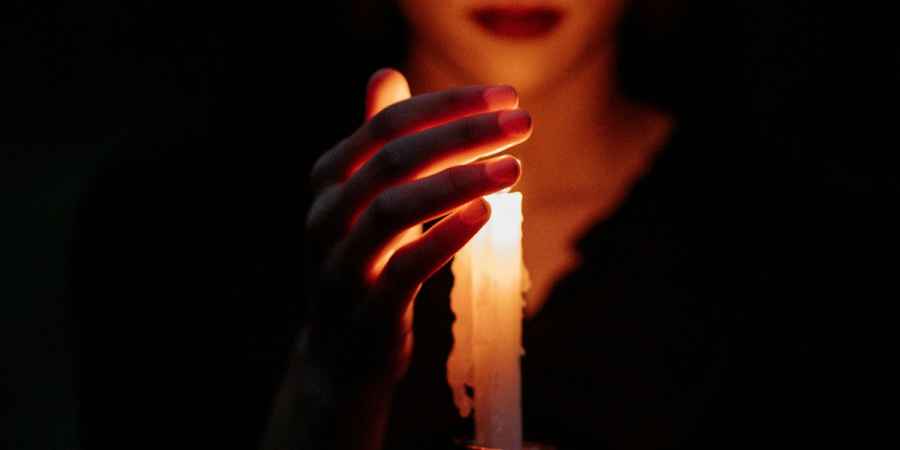
Photo: cottonbro studio

Photo: cottonbro studio
Conjuring is a term often associated with the practice of calling upon or summoning supernatural entities, spirits, or otherworldly forces. It typically involves rituals, spells, or ceremonies designed to bring these entities forth from another realm or dimension into our own. It is a practice deeply rooted in various cultural traditions and has been a part of folklore and mythologies around the world for centuries.
The process of conjuring is believed to require a combination of specific words, gestures, and sometimes objects, which are thought to create a bridge between the human world and the spiritual or supernatural one. Practitioners, often referred to as conjurers, magicians, or mediums, use these methods to attempt with communicate with spirits or invoke their presence. This can be for various purposes, such as seeking guidance, gaining knowledge, or simply proving the existence of the supernatural.
Evocation and conjuring are terms often used interchangeably as they essentially refer to the same thing. While the terms might be used in different contexts, they describe the same fundamental practice of calling upon otherworldly beings.
Conjuring is often thought of as a part of demonology, but it is not exclusively tied to it. Demonology is the study of demons and demonic beliefs, often within the context of religious or occult traditions. Conjuring, as a practice, involves summoning or calling upon supernatural entities, which can include demons but also spirits, deities, or other non-physical beings. In demonology, conjuring is specifically used to summon and interact with demons, but conjuring in general is not always associated with demonology. It can also be a part of other spiritual and magical practices, such as ceremonial magic.
To some, conjuring might sound like a thing of the past, or nothing more than fiction, but to those who practice it, conjuring is a very real practice. Today, some individuals and groups practice it, particularly within certain spiritual, occult, and paranormal communities. They maintain that conjuring can and does bring forth entities from other realms, citing personal experiences and anecdotal evidence as proof. They argue that the consistent reports of similar experiences across different cultures and time periods suggest that there might be some truth to these practices.
Those who attempt to conjure spirits generally do so forearmed with at least some level of knowledge, which can be obtained from both historical and contemporary sources. One of the primary sources for learning these practices is grimoires, which are ancient books containing instructions on how to create magical objects like talismans and amulets, perform spells, and summon supernatural entities such as spirits and demons. These books often include detailed instructions on spells, rituals, and the summoning of spirits.
Famous grimoires, such as the 'Key of Solomon' or the 'Lesser Key of Solomon,' have been studied by those interested in ceremonial magic for centuries. The 'Key of Solomon' is a medieval book attributed to King Solomon, filled with instructions on summoning and controlling spirits. The 'Lesser Key of Solomon,' also known as the 'Goetia,' details the names, descriptions, and methods for summoning seventy-two demons.
Some grimoires include warnings about the risks of summoning powerful spirits or demons. They often stress the importance of performing rituals precisely and using protective measures to avoid unintended consequences. Despite these precautions, there are numerous tales of magicians and conjurers who reportedly suffered dire outcomes due to their practices.
In addition to grimoires, modern books on occult practices and magic often include sections on conjuring. Authors who are well-known in the occult community, like Aleister Crowley, have written extensively on the subject, providing both theoretical and practical guidance. These books are usually available in specialised bookstores, occult shops, or online retailers.
Even those who don't actively attempt conjuring might be doing so without realizing it. Using a Ouija board can also be seen as a form of conjuring, as the boards are designed to facilitate contact with the spirit world through a specific ritualistic process. Participants place their fingers on a planchette, which is a small, heart-shaped piece of wood or plastic, and ask questions to the spirits. The planchette then moves to spell out responses on the board, which is marked with letters, numbers, and other symbols.
While less formal than traditional conjuring rituals, the use of a Ouija board involves a set process, including the arrangement of participants, the asking of questions, and the interpretation of responses. By inviting entities to respond, participants are effectively summoning or calling upon spirits to make their presence known.
To a lesser extent, ghost hunting might also be considered a form of conjuring, as investigators attempt to provoke a response from spirits. In the same way, they are calling upon spirits to make their presence known, or conjuring them. Most ghost hunters don't think about their investigations in this way, perhaps because the attempts to contact a spirit during a ghost hunt tend to be more informal and less structured than conjuring rituals or the use of a Ouija board.
While many view conjuring as a fascinating aspect of the paranormal, it is also met with skepticism. Skeptics argue that there is no scientific evidence to support the effectiveness of conjuring, putting the experiences down to psychological factors such as the power of suggestion, confirmation bias, and the human tendency to perceive patterns in random stimuli.
The effectiveness of conjuring also varies greatly depending on the practitioner's beliefs, skills, and methods. Those deeply immersed in occult traditions and with extensive experience in ceremonial magic might report more consistent results than casual experimenters.
Regardless of belief, the debate over the legitimacy of conjuring is ongoing, as is the topic of the potential danger of conjuring. Many people who engage in conjuring believe it can be dangerous, mostly based on historical accounts where individuals have reportedly faced harm, both physically and psychologically. These accounts often describe incidents where spirits or entities, once summoned, have caused disturbances or even direct harm to those involved. There are stories of people experiencing unexplained physical injuries, sudden illnesses, or extreme psychological distress after attempting conjuring. Some practitioners believe that without proper protection and experience, one can inadvertently summon malevolent entities that might not easily be banished.
However, skeptics argue that many of these incidents can be explained by factors such as heightened anxiety and misinterpretation of ordinary occurrences. Many skeptics argue that the dangers associated with conjuring are more related to the psychological state of the participants than any actual supernatural threat.
Despite the lack of scientific evidence supporting the existence of harmful supernatural entities, the fear of and belief in such dangers are real for many people. This belief can lead to self-fulfilling prophecies where individuals, convinced they are under spiritual attack, experience genuine psychological and even physical distress.
More Essential Parapsychology
See All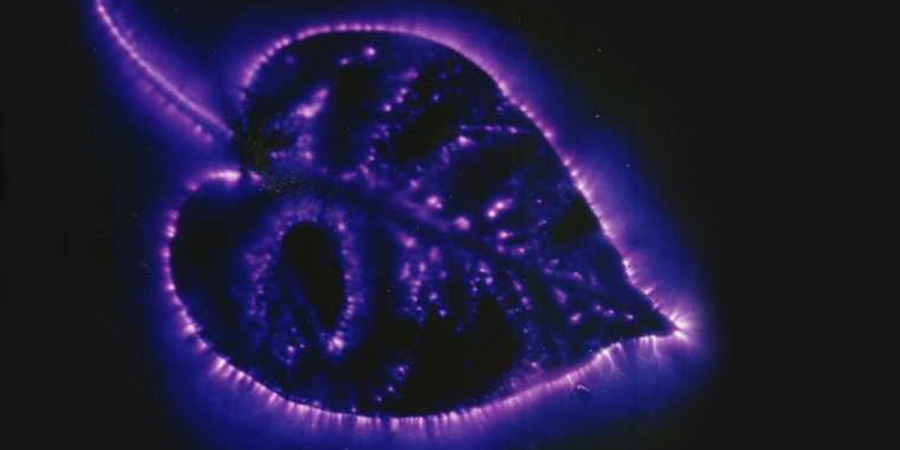
ArrayOctober 11, 2024
The Reality Behind Kirlian Photography’s Glowing Auras
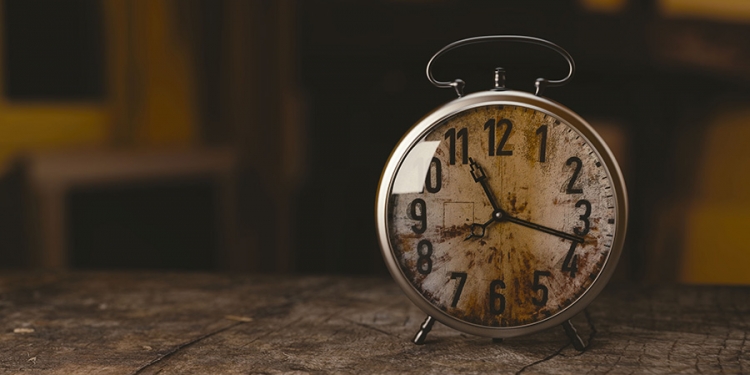
ArrayOctober 07, 2024
Could Retroactive Psychokinesis Allow Us To Influence The Past?

ArrayOctober 05, 2024
What Spontaneous Cases Are & Why Parapsychologists Research Them
Learn With Higgypop
Hosted by Paralearning in association with Higgypop, these courses on ghost hunting, paranormal investigations, and occult practices draw on the experience of our team of paranormal writers.
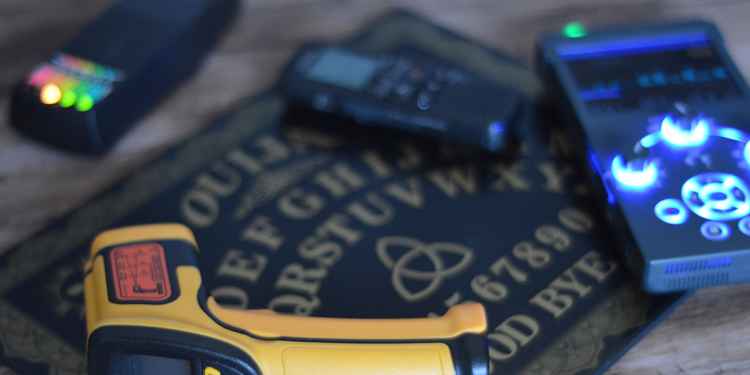
Diploma In Practical Ghost Hunting & Scientific Analysis
This course gives you practical and useful knowledge of ghost hunting and paranormal research, which is invaluable when conducting your own paranormal investigations or as part of a group event.
View Course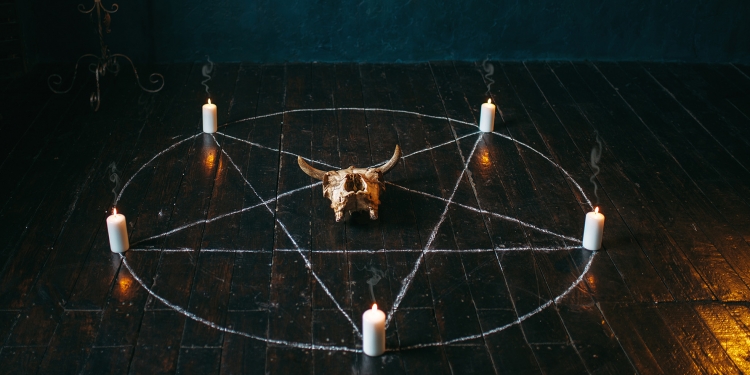
Diploma In Modern Demonology For Paranormal Investigators
This course gives you practical and useful knowledge of ghost hunting and paranormal research, which is invaluable when conducting your own paranormal investigations or as part of a group event.
View CourseMore Like This
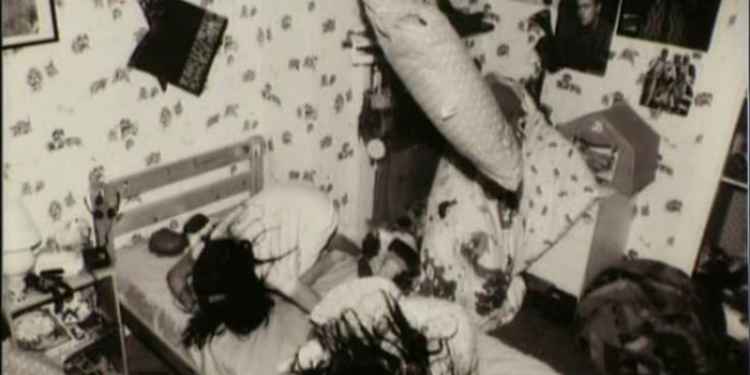
ParanormalOctober 12, 2024
Recurrent Spontaneous Psychokinesis The Parapsychological Principle Behind Poltergeists

ParanormalOctober 11, 2024
The Reality Behind Kirlian Photography’s Glowing Auras

ParanormalOctober 07, 2024
Could Retroactive Psychokinesis Allow Us To Influence The Past?

ParanormalOctober 05, 2024
What Spontaneous Cases Are & Why Parapsychologists Research Them
 See More on Audible
See More on Audible
Comments
Want To Join The Conversation?
Sign in or create an account to leave a comment.
Sign In
Create Account
Account Settings
Be the first to comment.